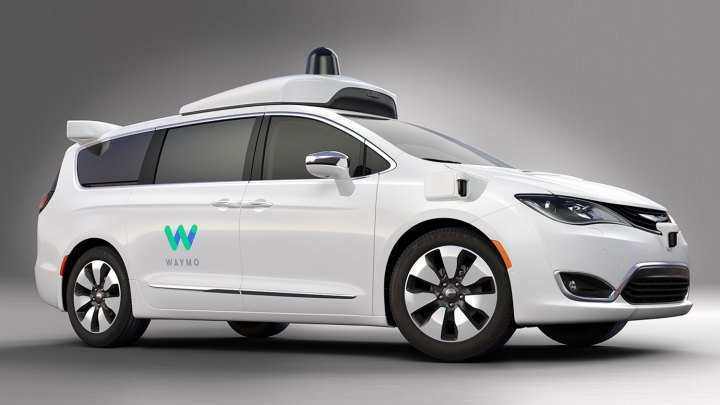
The partnership was first reported by The New York Times, and then confirmed by the two companies. Neither company gave specifics on the nature of the collaboration, but it will likely lead to increased testing and attempts at commercialization of self-driving cars, and may not be good news for Uber.
Uber runs its own self-driving car program, but since February it’s been fighting a legal battler against Waymo, which claims the ridesharing company benefited from trade secrets stolen by one of its former employees, Anthony Levandowski. Levandowski came to work at Uber after his startup, Otto, was bought by the company last year. Last week, the judge overseeing the case asked federal prosecutors to investigate the matter.
While it is far behind Uber in size, Lyft is the company’s main rival (an Apple car might change that), and has been gaining ground recently as Uber has dealt with many high-profile scandals. Lyft has also expressed interest in self-driving cars, but instead of going it alone, it previously partnered with General Motors. GM invested $500 million in Lyft, and its Cruise Automation subsidiary is already testing autonomous Chevrolet Bolt EV electric cars on public roads.
Waymo also has an automaker partner the form of Fiat Chrysler Automobiles. It is supplying Waymo with a fleet of Chrysler Pacifica Hybrid minivans, which are currently being used in a public pilot program in Arizona. Waymo, which is the former Google self-driving car project, also reached out to Honda late last year about a possible partnership.
This begs the question of how all of these various partnerships will fit together. Waymo and Lyft don’t make cars, so they’ll need to partner with automakers in order to commercialize autonomous-driving tech. Waymo has the technology, and Lyft has the potential application, in the form of its ridesharing service, but the partners still need an automaker to provide the actual cars. Which one will it be?
Why are Lyft and Uber so interested in self-driving cars? Because they could be a boon to ridesharing services. Companies operating autonomous cars wouldn’t have to pay drivers, and could keep cars on the road and earning revenue for longer periods of time. It’s a lucrative proposition that, in theory, could also provide riders with a convenient swarm of self-driving cars just a smartphone tap away. An increasingly dense network of corporate partnerships is working to make that happen.

